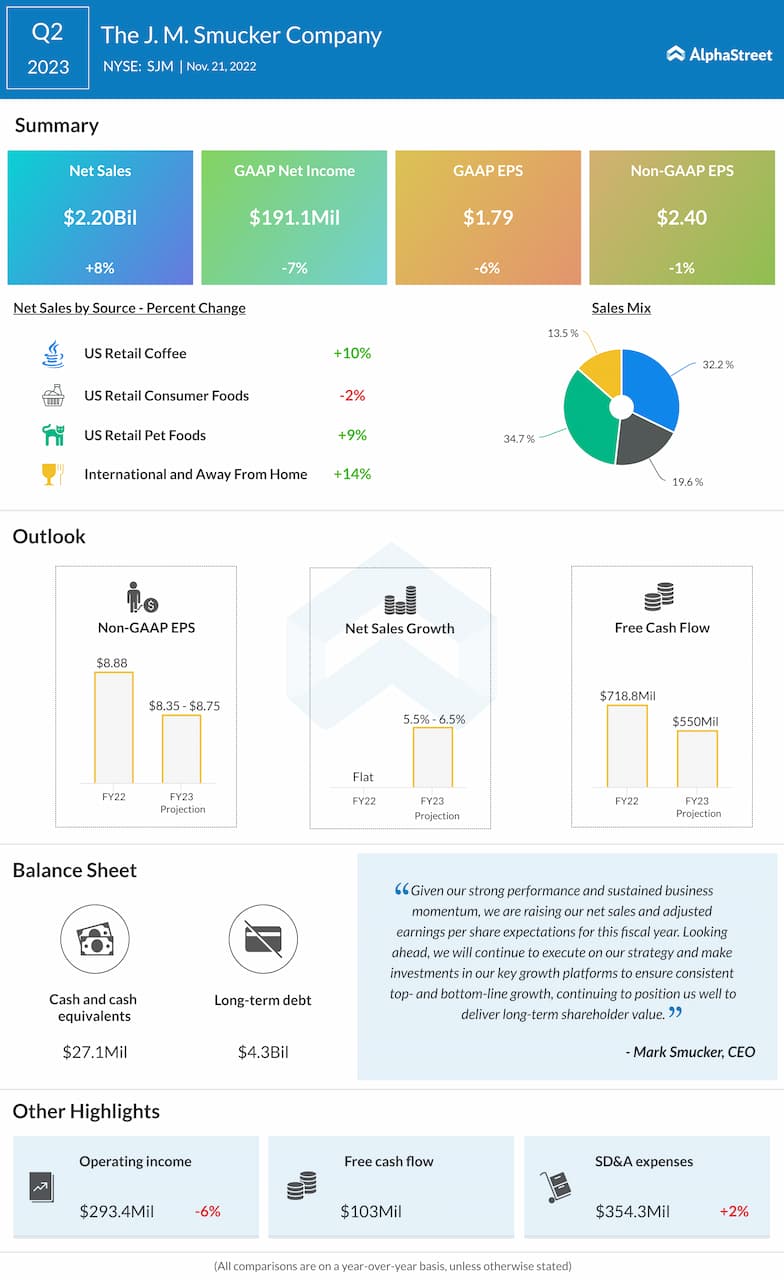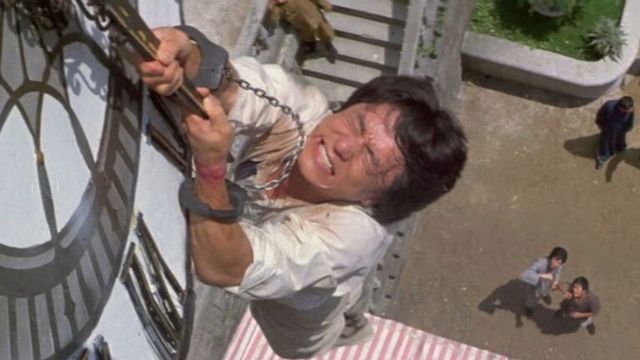
Amazon Flex is piloting new safety features for its drivers, according to a report from The Information.
This follows a series of incidents in which Flex drivers, who use their own cars for deliveries, have reportedly been met with violence or threat by residents: since 2022, five Flex drivers have been shot in four different incidents and five others said they have had guns drawn on them. In many of these incidents, home owners were reported to have mistaken delivery drivers for intruders due to their cars being unmarked.
Amazon is now implementing measures to prevent this, including a feature in its app that would display a Flex driver’s name and photograph to customers awaiting delivery. At this time, the company does not provide customers with any information about who is delivering their packages.
In addition, a select group of Flex drivers is being given Amazon-branded merchandise to display on their cars, such as magnets and lights. These will be handed out to drivers beginning this month. Amazon is also working on a text feature automatically alerting customers when a delivery is about to be made. Drivers currently have the option of independently texting customers themselves.
Launched in 2015, Flex is a program where independent contractors can sign up to make Amazon deliveries in their own vehicles. Drivers can work according to their own schedules and availability, with Amazon pitching the program as a side hustle and a way to earn extra money: “Choose the blocks that fit your schedule, then get back to living your life,” reads the website. The company says that most of their gig drivers earn between $18 to $25 per hour for their deliveries.
When reached for comment by Mashable, Amazon pointed us to the safety section for Flex. Amazon’s current safety recommendations for Flex drivers include wearing a high visibility safety vest, and slip-resistant, closed-heel, and closed-toe shoes. The company also offers free Amazon-branded vests for drivers at their delivery stations.
Back in 2019, Amazon implemented facial recognition via selfies to verify the identities of Flex drivers, as a means to protect customers, reduce fraud, and guarantee that only people authorized to deliver packages were able to do so. The new pilot features are more geared towards protecting drivers. Amazon spokesperson Maya Vautier told The Information that the measures are part of the company’s “ongoing comprehensive safety efforts.”
“We’ll keep listening to Amazon Flex delivery partners, inventing on their behalf,” said Vautier, “and piloting new products and services to help improve their experience.”

